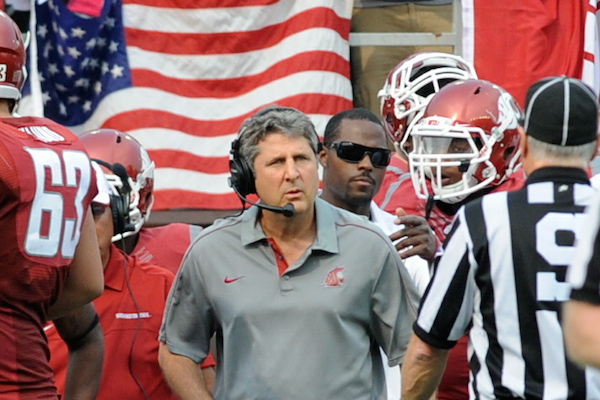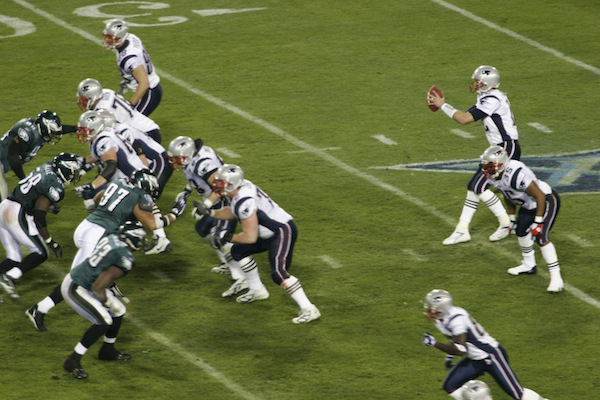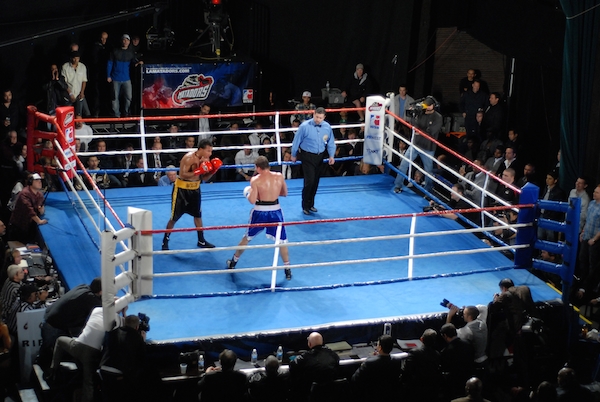Before Mike Leach was summarily dismissed from his job as coach of the Texas Tech football team for forcing a concussed player to hang out in a closet he was one of the lucky few avant-garde outliers profiled by Michael Lewis in the New York Times. Lewis, author of Liar’s Poker and Moneyball writes about people who redefine[1] a profession by looking at it in an unconventional way. While he’s doing it, Lewis explains stuff about sports, the economy, fatherhood, etc. better than anyone I’ve ever read. Leach certainly fits the bill of the unconventional “genius”:
It was then that I looked over and noticed Bennie Wylie standing uneasily next to Mike Leach. Wylie is Texas Tech’s strength and conditioning coach. Leach hired him three years ago from the Dallas Cowboys to prepare football players to run more than they had ever run on a football field. Just after he moved to Lubbock, Wylie learned that this job might be less a job than a calling. The thought struck him when he was driving and spotted, in the distance, a sloppily dressed middle-aged man in-line skating down the center of the road. The guy was rocking back and forth in the middle of what in Lubbock passes for a busy street; cars were whizzing past at 30 m.p.h. in both directions. There was no skating lane; truth to tell, there wasn’t a lot of in-line skating going on in Lubbock. As Wylie drew closer, he thought to himself, That lunatic looks a little like Coach. As he pulled alongside the lunatic, he realized, It is Coach. Later, Leach explained that he had decided to take up in-line skating, and he’d calculated that the middle of that particular road was Lubbock’s flattest, smoothest surface and so the obvious place to start. “To Mike, everything he does makes sense,” Wylie says. “It just takes a while to see how it all fits together. But if you were a fly on his shoulder for six months, you’d laugh your eyeballs out.”
- Or who should redefine it but despite their wild success become Cassandra-esque outcasts. Leach is on his way to this fate.↵







